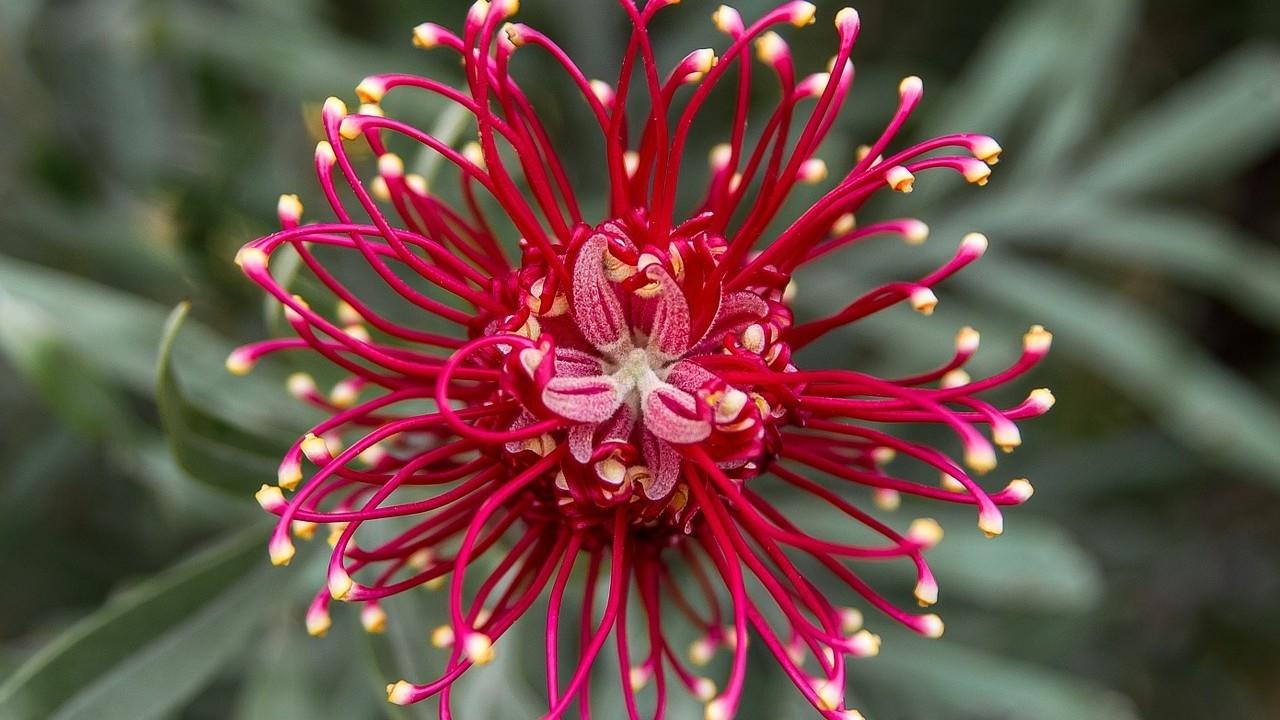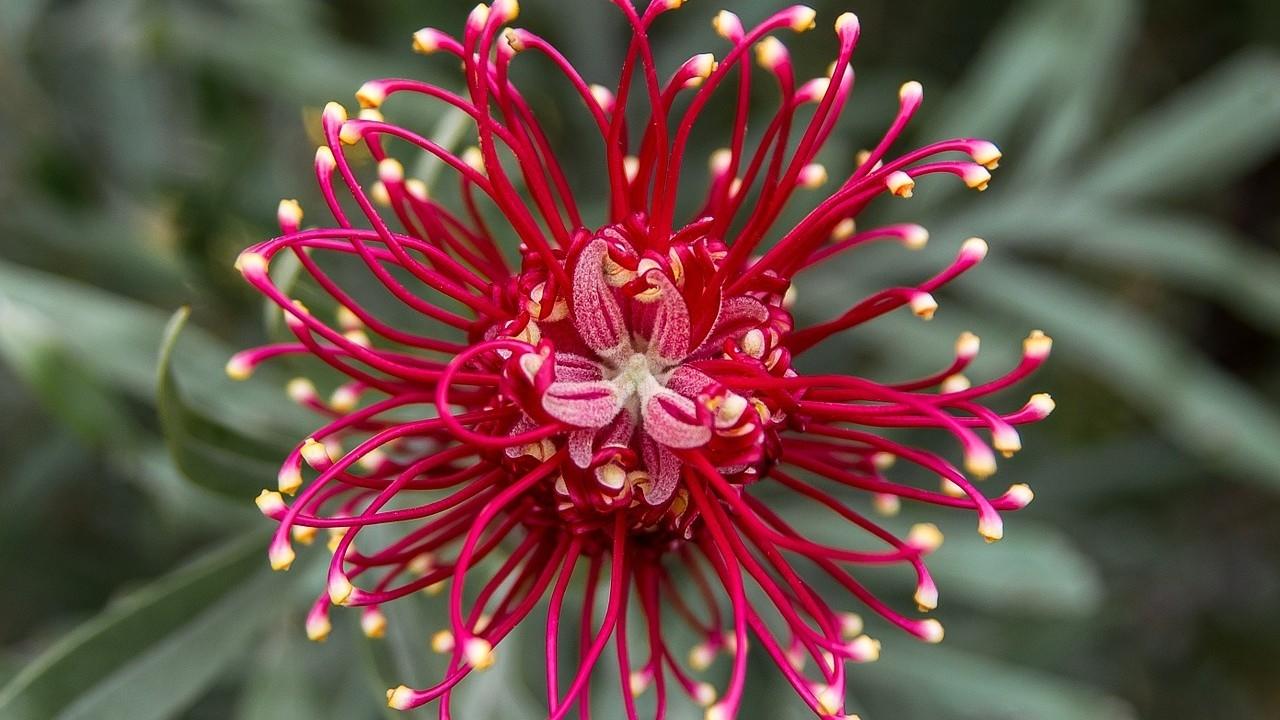Blog
Keeping your eye on your own grass (DW#632)

A sure way to destroy your relationship is to start noticing how the grass seems greener on the other side . . . . if you know what I mean.
Expressing gratitude for what you have counteracts this tendency and inhibits comparing your loved ones to others.
If you are genuinely thankful and appreciative for the positive qualities that your spouse does have, rather than focusing on what they lack, you are less likely to pay attention to, or envy the qualities that your friend’s spouse appears to have.
The antidote to marriage failure (DW#630)

We have often talked about how important it is to be intentional in long term romantic relationships.
One of the easiest things to fall prey to in marriage is to begin to take each other for granted: to stop noticing all the positive things your spouse does and only pay attention when things are not quite how you like them to be. AND this is also how relationships begin to self-destruct.
On the other hand, an important way to keep your primary relationships fulfilling is to regularly appreciate your spouse and express that appreciation.
Research by Sara Algoe and her colleagues has found that grateful couples are more satisfied in their relationships and feel closer to each other. Other research has found that the more grateful couples are, they more likely they are to be in the same relationship over long term.
Experts say that the benefits of gratitude are maximized when you appreciate not just what your partner does, but also who they are as a person.
So for example, it is not ...
Why we like grateful people (DW#629)

Yesterday we discussed how gratitude makes us likable. Today let’s explore this a little further. Author LaDonna Greiner explores the question of what exactly makes grateful people popular and likeable.
Here are some reasons she gives:
1. Grateful people make good teammates.
Grateful people are more likely to pitch in to support their team and do so in a gracious manner since they appreciate the contribution, skills and talents of others. Grateful people recognize that their success rests on the shoulders of many other people.
2.Grateful people share.
They realize that when you give to others in a sincere and pure manner, it comes back to you tenfold. Thankful people are 20% more generous with their time and money than those who are ungrateful.
We like people who share, whether it’s skills or food, insights or a favourite book. Sharing is a likeable trait. Gratitude helps us feel generous and generosity increases popularity.
3. Grateful people create connections.
Greiner believ...
Become more popular (DW#628)

An attitude of gratitude makes us more likeable and popular.
If you think about the opposite of a grateful person, the above claim makes sense. People who continuously grumble or complain about things are draining. Moreover, most of us when we encounter people who complain, feel compelled to point out their blessings to make them feel better. (this seldom works, by the way, but it does cause us to be exhausted!)
On the other hand, people who are grateful, notice the good in their lives, both in people and in circumstances. Such a person is more likely to be a positive person whose company is sort out by others as they may find themselves uplifted by the positive mood (rather than working to uplift other’s mood)
To put it in terms of psychology, gratitude generates social capital - namely goodwill, fellowship, sympathy, and social intercourse - among the individuals and families who make up a social unit. Studies have found that participants who were just 10% more grateful than the c...
Strengthen your relationships and social bonds (DW#627)

An attitude of gratitude impacts relationships in many, and sometimes surprising, ways. Over the next few days, we will explore some of them.
Psychologists have begun to explore how gratitude can help build social bonds, strengthen existing relationships and build new ones. This is a very important area of research these days, given the recently discovered link between social relationships, wellbeing and longevity.
Several studies have shown that practicing gratitude can produce feelings of connectedness with others. Feeling gratitude towards people (even if not directly expressed) has the impact of feeling closer to them and reporting higher quality relationships with those people.
Experts like Robert Emmons hypothesize that when you become aware of the value of your friends and family, you are likely to treat them better, producing an "upward spiral," a sort of positive feedback loop, in which strong relationships give you something to be grateful for, and those feelings of gratit...
Be grateful to God and to your parents (DW#599)

Be grateful towards Me and towards thy parents [Quran 31:14]
Today’s verse continues our discussion from yesterday about showing ehsaan (excellent courtesy) and rahma (loving-kindness and compassion) towards parents.
An essential part of the courtesy towards parents is to show them gratitude. The gratitude towards parents in this verse is linked to gratitude towards God Himself. It is through the medium of our parents that He gives us existence and it is through them that He nurtures us and raises us from weakness to strength. Parents then, are a means of transmission of Allah’s bounties towards us.
This verse is particularly applicable today where the world seems to have shifted to a child-centered place. Parents struggle to set boundaries and children feel more entitled to material and nonmaterial possessions and accommodations than ever before. Putting this verse into action would perhaps begin to redress the balance of entitlement and gratitude.
Remember your mother’s labours (DW#598)

Continuing our theme of loving-respect towards parents, today’s verse is from Chapter 31, Sura Luqman where Allah says:
We have enjoined upon man goodness towards his parents: his mother bore him by bearing strain upon strain, and his utter dependence on her lasted two years: [Quran 31:14]
This verse also emphasises the children’s duty of loving-kindness, compassion and excellent courtesy (ehsaan) towards parents. The verse then shifts to the particular contribution of the mother in bringing up children. Islamic narrations are clear on the principle that the mother’s status for the child is higher than that of the father. This verse explains why.
Since the mother bears the child, nurses him and does the hard physical and emotional labour related to child-rearing, her contribution is recognized and acknowledged. The verse alludes to the hardships of pregnancy, labour and breast-feeding. This is the time when she is the one who is greatly impacted by the child. It is she whose food, e...
Play footsie or hold hands (DW#544)

When people first get together with their spouses, they find every opportunity to touch each other. (Remember playing footsie under the table or holding hands while watching a movie?)
Couples who have learnt to hack their marriage know that it is vitally important to maintain pleasant and playful touch in their relationship beyond the physically intimate relationship.
Why is touch so important?
Moreover, to touch someone you love is to acknowledge their presence and to communicate your des...
Here’s how to hack your marriage (DW#538)

Do you know what a "hack" is?
The way it is currently used, it means an easy solution or a work-around to a potentially challenging situation. A shortcut. It is a way to do or to improve something without too much effort. The term was initially used in technology to find quicker solutions with less steps instead of longer procedures to do particular things on computers. Popular culture adapted this term for all kinds of workarounds or shortcuts calling them "life hacks" or just "hacks".
A more enlightened way to look at such solutions is to call them wise effort. Getting the most value for your time and effort. Doings small things that get big results. Kind of what Daily Wisdom is all about.
So, over the next few days, let’s discuss some "marriage hacks" – simple (and sometimes quirky) ways to improve your marriage – rituals and practices that take only a short amount of time and effort but have potentially significant results.
Before we explore some marriage hacks, can you think of so...
Are your interpretations helpful? (DW#512)

Let’s go back to the interpretations we discovered in our second circle.
When you look at these interpretations, chances are that they are mostly negative.
Ask yourself: how are these interpretations making me feel? Are they helping or hindering me from mental and emotional wellbeing?
Next question: when I am having these negative feelings and interpretations, how is that causing me to behave? Towards myself? Towards others?
If they are, in fact, making me feel upset or causing distress in relationships, am I willing to consider other, more helpful interpretations?
